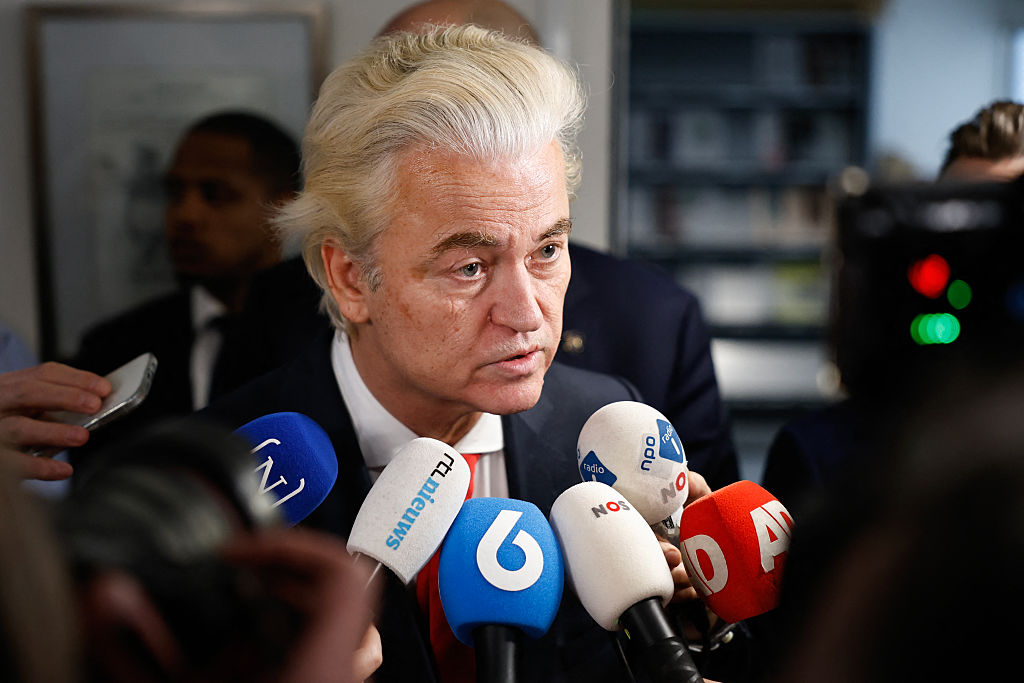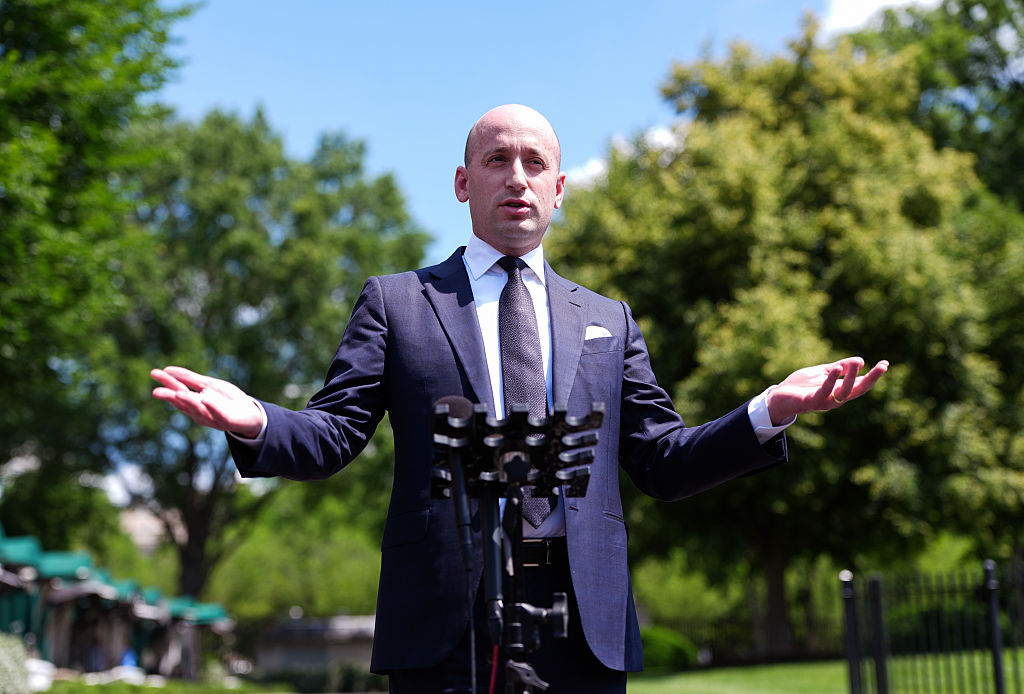From next week, Germany will enforce controls at its borders once again. The decision, announced by interior minister Nancy Faeser, comes only a little more than a week after the far-right Alternative für Deutschland (AfD) achieved major successes in several regional elections.
Faeser said that border controls would be applied to tackle irregular immigration as well as to strengthen internal security against the threat of Islamic terrorism and international criminality. These permanent controls will replace the usual spot checks common at borders within the European Union for six months, although it is possible that they could be extended.
The government may hit the panic button if the rise of the AfD cannot be halted
Tighter controls have already been enforced at the border between Germany and Austria in an attempt to stop irregular immigration coming from the south east of Europe. Today’s decision means that the borders between Germany and every other neighboring country, including Denmark and western Europe, cannot be passed without checks. Such controls were put in place during this year’s Euros in June and July before being lifted again once the soccer tournament had concluded. Permanent border controls can only be applied inside the Schengen area as an exception and the European Commission has to be notified about it.
On September 2, the AfD won a significant share of votes at the state elections in Saxony and Thuringia, even becoming the largest party in the latter state. Following those elections, the question in Berlin has been whether Chancellor Olaf Scholz’s government would lean further into a restrictive approach towards immigration. It will be controversial if such a turn by Scholz’s traffic light coalition of Social Democrats, Greens and Liberals succeeds in pulling away voters from the AfD, as critics will view it as a dishonest move.
The AfD is currently leading the polls for the state election in Brandenburg on September 22 by a considerable margin. Brandenburg, just like Saxony and Thuringia, is located in the east of the country, where the far-right party has enjoyed the most support since its foundation in 2013. With the federal election only a year away, the government may well soon hit the panic button if the rise of the AfD cannot be halted.
Last week, the federal government met with representatives of the opposition Christian Democrat Party and the federal states to draw up a new plan for repatriating migrants. Currently, irregular migrants are usually only immediately deported from Germany if the individuals have previously been put under an entry ban or have not applied for asylum correctly. According to Faeser’s ministry, 30,000 individuals have been deported since October 2023.
Austria has already responded to Faeser’s foray, saying that the country would not admit any migrants sent back by Germany. “There is no wriggle room. It is the prevailing law,” Gerhard Karne, Austria’s interior minister, told newspapers.
Scholz’s government has also been criticized, specifically by the council for integration and migration (SVR) which is advising the government. The SVR argues that smugglers will simply adjust their methods while border controls would lead to economic ramifications thanks to ensuing traffic jams at the crossing points. “The calls for more changes and tightening of the law do not help when it cannot be executed properly,” Hans Vorländer, the head of the SVR, said. Time will tell whether these new checks will empower Scholz — or backfire spectacularly.
This article was originally published on The Spectator’s UK website.

























